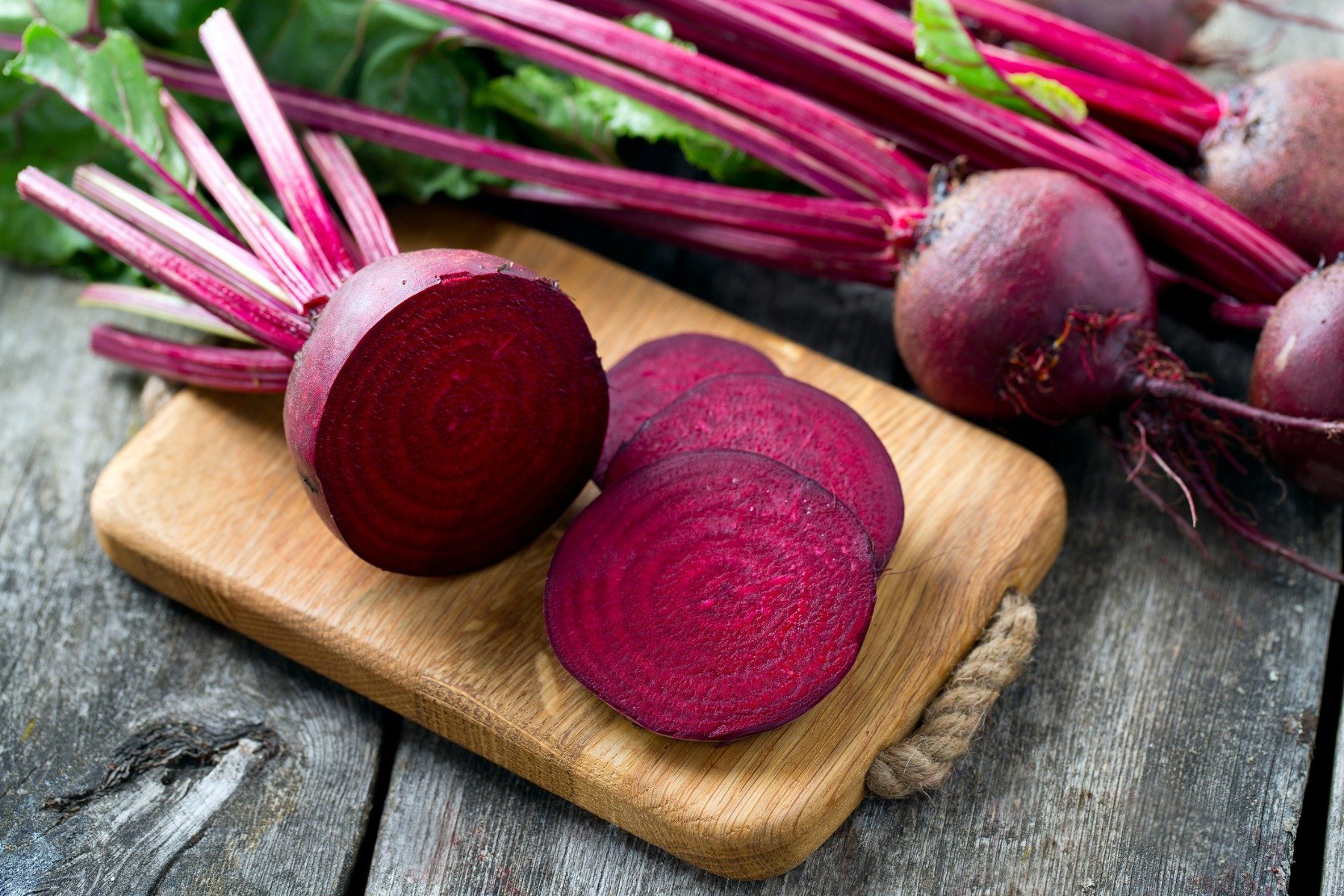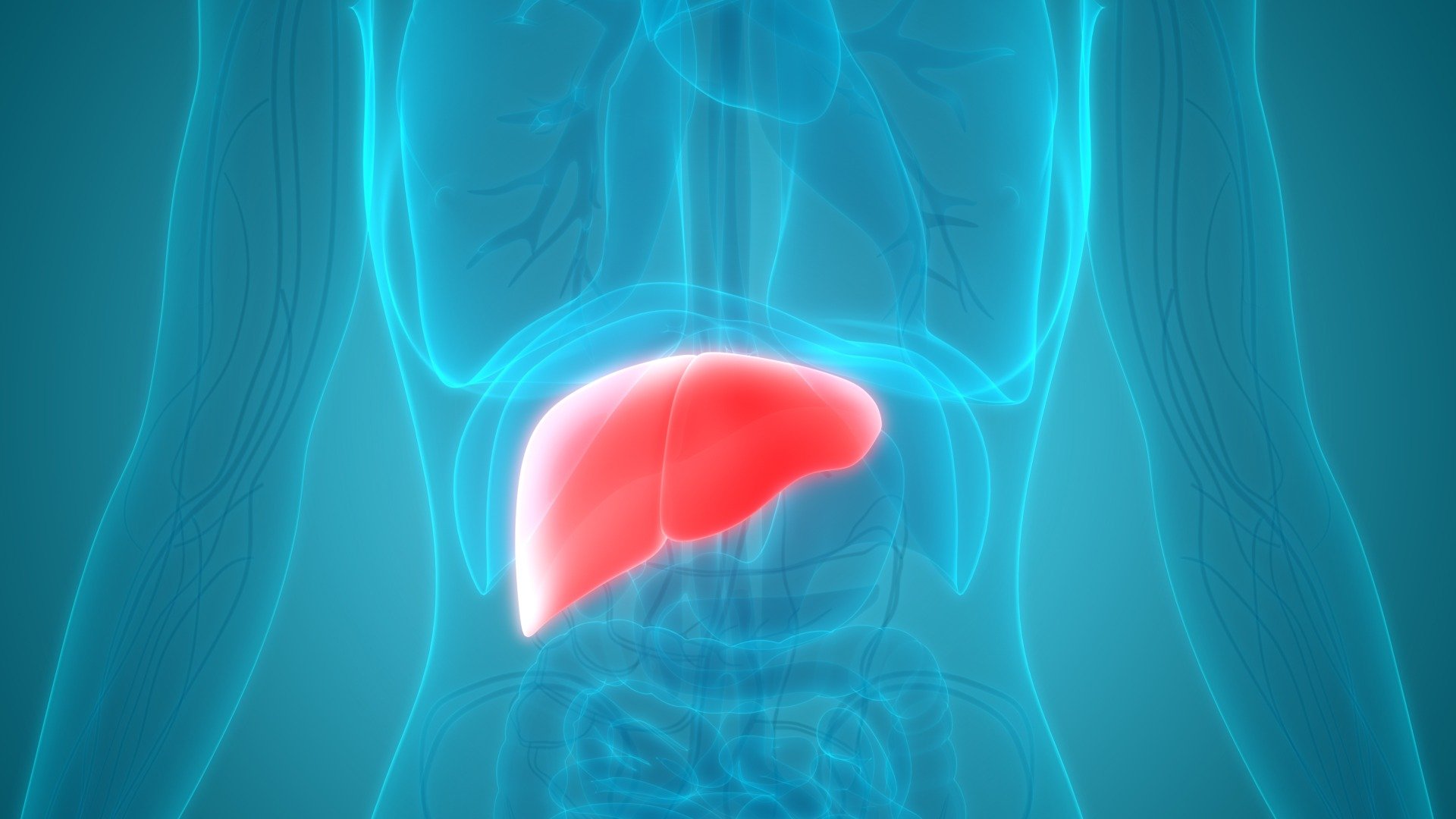Table of Contents
Did you buy a pre-workout stimulant and blunder on the betaine? Are you wondering what betaine is and what are its advantages? Read our article to find answers to all your questions. You will also learn about the role of betaine in pre-workout stimulants.
What is betaine?
Betaine, also known as trimethylglycine, is an amino acid that is found in a beet, spinach and quinoi. [1] In the human body, betaine naturally forms when choline breaks down and acts as a methyl donor and osmolyte. [2] If these concepts do not tell you anything, do not despair, the following lines will explain what this is about.
Betaine has a high content of a special group of carbons and hydrogrene molecules known as methyl groups. [3] These are transmitted in the body by methylation, which is vital for some physiological phenomena, such as genetic activity and protein function. Because betaine contains a number of methyl groups, it is known as a “methyl donor”. [4]
Betaine is also osmolyte – a substance that helps to balance the level of fluids inside and outside the cells. This process is essential for health because fluid imbalance can cause cell death, their shrinkage or swelling, which can lead to cell rupture. [5]

You might be interested in these products:
Betaine and its benefits for health
What are the health benefits of betaine? If you have only thought about it as part of a pre-workout stimulant, you will surely be surprised by its positive effect on heart or liver health.
1. Reduces the risk of heart disease
Too high level of amino acid homocysteine in the blood can cause impaired arterial patency. Betaine effectively lowers homocysteine levels, reducing the risk of heart disease and heart attack. How does it work? Betaine “donates” one of its methyl groups to homocysteine molecules, transforming them into a harmless substance – methionine. Methionine is an amino acid which is an essential part of proteins, increases leucine production and regulates the production of ammonia. [7] [8]
2. Supports liver function
Obesity, increased alcohol intake, or diabetes cause fatty acids to settle in the liver. Together with fat, they can have a negative effect on this apparatus. Fat is naturally present in the liver, but if it is too much of it, it can develop into a disease called steatosis or fatty liver. Research has shown that betaine helps break down fatty acids and thus prevents their accumulation in the liver. [9] [10]

Betaine supplementation also managed to increase the level of S-adenosylmethionine, also known as SAMe. Its optimal level promotes liver health, improves mood and helps with joint regeneration. [11]
3. It has a positive effect on digestion
There is a naturally acidic environment in the stomach that allows food to digest properly. If the environment in the stomach is poorly acidic, the body is unable to consume food and take the necessary nutrients from it. This can cause nutritional deficits and increase the risk of digestive tract diseases. [12]
Hydrochloric acid, abbreviated as HCl, is responsible for the largest number of processes in the stomach. If you do not have enough, your digestion may get worse. Betaine HCl is a form of betaine that is used to increase the acid environment in the stomach and to help with multiple gastrointestinal problems. [13]
Betaine benefits for athletes
1. Supports power and strength
In recent years, betaine has been tested in many clinical tests aimed at its use in athletes. One of the first studies was conducted at Connecticut University in 2010. It was found that athletes who took 1.25 g of betaine twice daily increased their strength by 25% and muscle by 20%. It was also confirmed that betaine significantly increased factors affecting protein synthesis in muscles compared to placebo. [14]
Research has also shown that betaine has the ability to raise the levels of important anabolic agents while affecting the level of cortisol catabolic hormone. This leads to an increase in power and endurance performance. [22] [23]

Other studies have shown that betaine supplementation has helped weightlifters to do more bench press repetitions, last longer for cardio training on a stationary bike, and sprint almost 40 seconds longer than those who only drank water. Betaine also significantly lowers the level of lactate, which delays muscle fatigue, helping athletes to train more intensively and longer. [15] [16] [17] [18]
2. It affects muscle growth
One of the latest studies focused on the effects of betaine on athletes was conducted at the University of Springfield. For 6 weeks, two groups of athletes performed a periodic strength training program. One group received 1.25 g of betaine twice daily and the other group received placebo. The results suggest that the beta group had increased muscle mass by 1.8 kg and hand size by 10%. At the same time, they managed to reduce body weight by 3 kilograms. The placebo group experienced no muscle gain or weight loss. [19] [20] [21]
Betaine supplementation also lowers the level of nitric oxide, thereby helping to regulate the volume of cellular fluids. This process promotes the “pumping” of the muscles and overall muscle growth. [22] [23]

Betaine sources
Betaine was originally isolated from sugar beet, known by its Latin name Beta vulgaris. It is ironic, however, that there are a number of foods that have a higher betaine content than that of beet. For example, 85 g of wheat germ contains more than 1000 mg of betaine, which is more than four times the amount of betaine in the same amount of beet Spinach and quinoa provide more than twice the amount of betaine compared to the beet as well. [6] However, in addition to natural resources, betaine can also be found in nutritional supplements.
Betaine in pre-workout stimulants
So why do manufacturers add betaine to pre-workout stimulants? Because it is effective in many ways. As mentioned above, and research has confirmed this, betaine can increase strength and endurance. It also speeds up muscle growth and helps with weight loss. It also has the advantage of lowering the level of lactate, which effectively delays muscle fatigue. This allows athletes to train longer and more intensively. [24] [25]

What is the difference between betaine and beta alanine?
Many people mistake betaine with beta alanine. These amino acids are not only similar in name. Both are frequent supporting substances in pre-workout stimulants, due to their strength-enhancing and performance-enhancing effects.
Beta alanine or 3-aminopropionic acid is a naturally occurring amino acid and a component of histidine dipeptides, vitamin B5 and pantothenic acid. [26] Like betaine, it provides several benefits for athletes. Studies have shown that it increases explosive muscle strength and performance. It is also a rapid source of energy and promotes muscle growth. [27] [28]
The biggest difference between betaine and beta alanine is in their side effects. While no adverse effect has been observed with betaine use, using beta alanine may cause harmless itching of the skin. However, you can minimize this by dividing the dose into smaller portions. Of course, exceeding the recommended daily dose for both amino acids can lead to digestive problems. [29] [30]
Betaine and its dosing
The recommended daily dose of betaine for an adult is 3 grams twice a day. If you have problems with elevated homocysteine levels, it is recommended that you supplement betaine at a dose of 3 to 6 grams per day for 12 weeks. [31]
We hope that this article has revealed a lot of new and useful information you didn’t know about the betaine. Do you also take betaine? What is your experience with it? Send us your comments and if you liked the article, please support it by sharing.
[1] Michael Matthews - This Is Everything You Need to Know About Betaine – https://legionathletics.com/betaine/
[2] Jim Stoppani, Ph.D. - Jim Stoppani's Expert Guide To Betaine – https://www.bodybuilding.com/fun/jim-stoppanis-expert-guide-to-betaine.html
[3] Dianne Ford, in Molecular Basis of Nutrition and Aging, 2016 - Epigenetic Responses to Diet in Aging - Methyl group – https://www.sciencedirect.com/topics/pharmacology-toxicology-and-pharmaceutical-science/methyl-group
[4] K. Naga Mohan, J. Richard Chaillet, in International Review of Cell and Molecular Biology, 2013 - Methylation - International Review of Cell and Molecular Biology – https://www.sciencedirect.com/topics/neuroscience/methylation
[5] Jörg Rösgen, in Methods in Enzymology, 2007 - Osmosensing and Osmosignaling – https://www.sciencedirect.com/topics/chemistry/osmolyte
[6] Jim Stoppani, Ph.D. - Jim Stoppani's Expert Guide To Betaine – https://www.bodybuilding.com/fun/jim-stoppanis-expert-guide-to-betaine.html
[7] Margreet R. Olthof, Trinette van Vliet, Esther Boelsma, Petra Verhoef - Low Dose Betaine Supplementation Leads to Immediate and Long Term Lowering of Plasma Homocysteine in Healthy Men and Women – https://academic.oup.com/jn/article/133/12/4135/4687457
[8] Role of homocysteine in the development of cardiovascular disease - Paul Ganguly and Sreyoshi Fatima Alam – https://www.ncbi.nlm.nih.gov/pmc/articles/PMC4326479/
[9] Fatty Liver Disease (Hepatic Steatosis) – https://www.webmd.com/hepatitis/fatty-liver-disease#1
[10] Abdelmalek MF, Angulo P, Jorgensen RA, Sylvestre PB, Lindor KD. - Betaine, a promising new agent for patients with nonalcoholic steatohepatitis: results of a pilot study. – https://www.ncbi.nlm.nih.gov/pubmed/11569700
[11] Barak AJ, et al. Alcohol Clin Exp Res. 1993 Jun;17(3):552-5. - Dietary betaine promotes generation of hepatic S-adenosylmethionine and protects the liver from ethanol-induced fatty infiltration – https://www.ncbi.nlm.nih.gov/pubmed/8333583
[12] Michael Matthews - This Is Everything You Need to Know About Betaine – https://legionathletics.com/betaine/
[13] Marc Anthony R. Yago,Adam R. Frymoyer, Gillian S. Smelick, Lynda A. Frassetto, Nageshwar R. Budha,Mark J. Dresser, Joseph A. Ware, and Leslie Z. Benet - Gastric Re-acidification with Betaine HCl in Healthy Volunteers with Rabeprazole-Induced Hypochlorhydria – https://www.ncbi.nlm.nih.gov/pmc/articles/PMC3946491/
[14] Elaine C Lee, Carl M Maresh, William J Kraemer, Linda M Yamamoto, Disa L Hatfield, Brooke L Bailey, Lawrence E Armstrong, Jeff S Volek, Brendon P McDermott & Stuart AS Craig - Ergogenic effects of betaine supplementation on strength and power performance – https://jissn.biomedcentral.com/articles/10.1186/1550-2783-7-27
[15] Hoffman JR, Ratamess NA, Kang J, Rashti SL, Faigenbaum AD. - Effect of betaine supplementation on power performance and fatigue. – https://www.ncbi.nlm.nih.gov/pubmed/19250531
[16] Elaine C Lee, Carl M Maresh, William J Kraemer, Linda M Yamamoto, Disa L Hatfield, Brooke L Bailey, Lawrence E Armstrong, Jeff S Volek, Brendon P McDermott & Stuart AS Craig - Ergogenic effects of betaine supplementation on strength and power performance – https://jissn.biomedcentral.com/articles/10.1186/1550-2783-7-27
[17] Trepanowski JF, Farney TM, McCarthy CG, Schilling BK, Craig SA, Bloomer RJ. - The effects of chronic betaine supplementation on exercise performance, skeletal muscle oxygen saturation and associated biochemical parameters in resistance trained men. – https://www.ncbi.nlm.nih.gov/pubmed/22080324
[18] J Luke Pryor, Stuart AS Craig & Thomas Swensen - Effect of betaine supplementation on cycling sprint performance – https://jissn.biomedcentral.com/articles/10.1186/1550-2783-9-12
[19] Apicella JM, Lee EC, Bailey BL, Saenz C, Anderson JM, Craig SA, Kraemer WJ, Volek JS, Maresh CM. - Betaine supplementation enhances anabolic endocrine and Akt signaling in response to acute bouts of exercise. – https://www.ncbi.nlm.nih.gov/pubmed/22976217
[20] Kraemer, W,; Bailey, B, L; Clark, J, E; Apicella, J; Lee, E, C; Comstock, B, E; Dunn-Lewis, C; Volek, J, S, Kupchak, B, Anderson, J, M; Craig, S, A; Maresh, C, M - The Influence of Betaine Supplementation on Work Performance and Endocrine Function in Men – https://journals.lww.com/nsca-jscr/Abstract/2011/03001/The_Influence_of_Betaine_Supplementation_on_Work.159.aspx
[21] Jason M Cholewa, Monika Wyszczelska-Rokiel, Rafal Glowacki, Hieronim Jakubowski, Tracey Matthews, Richard Wood, Stuart AS Craig & Vincent Paolone - Effects of betaine on body composition, performance, and homocysteine thiolactone – https://jissn.biomedcentral.com/articles/10.1186/1550-2783-10-39
[22] Omer Iqbal, D Fareed, J Cunanan, D Hoppensteadt, J Messadek, F Baltasar, and J Fareed - BETAINE INDUCED RELEASE OF TISSUE FACTOR PATHWAY INHIBITOR AND NITRIC OXIDE: IMPLICATIONS IN THE MANAGEMENT OF CARDIOVASCULAR DISEASE – https://www.fasebj.org/doi/abs/10.1096/fasebj.20.4.A655-a
[23] Lever M, Slow S. - The clinical significance of betaine, an osmolyte with a key role in methyl group metabolism. – https://www.ncbi.nlm.nih.gov/pubmed/20346934
[24] Lee EC, Maresh CM, Kraemer WJ, Yamamoto LM, Hatfield DL, Bailey BL, Armstrong LE, Volek JS, McDermott BP, Craig SA. - Ergogenic effects of betaine supplementation on strength and power performance. – https://www.ncbi.nlm.nih.gov/pubmed/20642826
[25] Jason M Cholewa, Monika Wyszczelska-Rokiel, Rafal Glowacki, Hieronim Jakubowski, Tracey Matthews, Richard Wood, Stuart AS Craig & Vincent Paolone - Effects of betaine on body composition, performance, and homocysteine thiolactone – https://jissn.biomedcentral.com/articles/10.1186/1550-2783-10-39
[26] PhD. C. Lockwood, Your Expert Guide To Beta-Alanine, – https://www.bodybuilding.com/fun/your-expert-guide-to-beta-alanine.html
[27] S. Balcombe, A. Batheja, A. Manninen, Beta-Alanine: Science Meets Real World Results!,, – https://www.bodybuilding.com/fun/beta_alanine.htm
[28] Sale C, Saunders B, Harris RC, Effect of beta-alanine supplementation on muscle carnosine concentrations and exercise performance – https://www.ncbi.nlm.nih.gov/pubmed/20091069
[29] Michael Matthews - This Is Everything You Need to Know About Betaine – https://legionathletics.com/betaine/
[30] Beta-Alanine. The Facts – https://www.betaalanine.info/
[31] BETAINE ANHYDROUS – https://www.webmd.com/vitamins/ai/ingredientmono-1008/betaine-anhydrous

